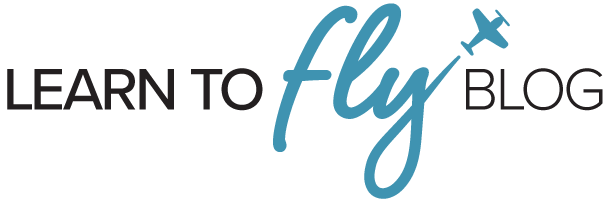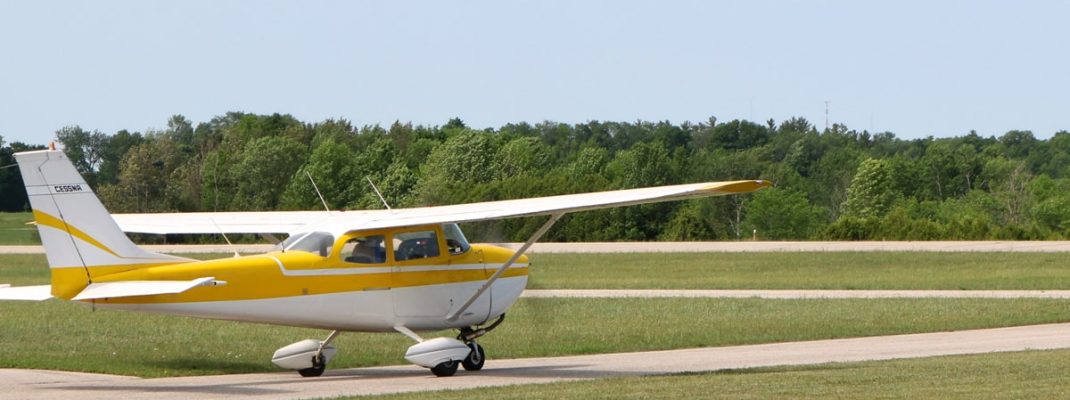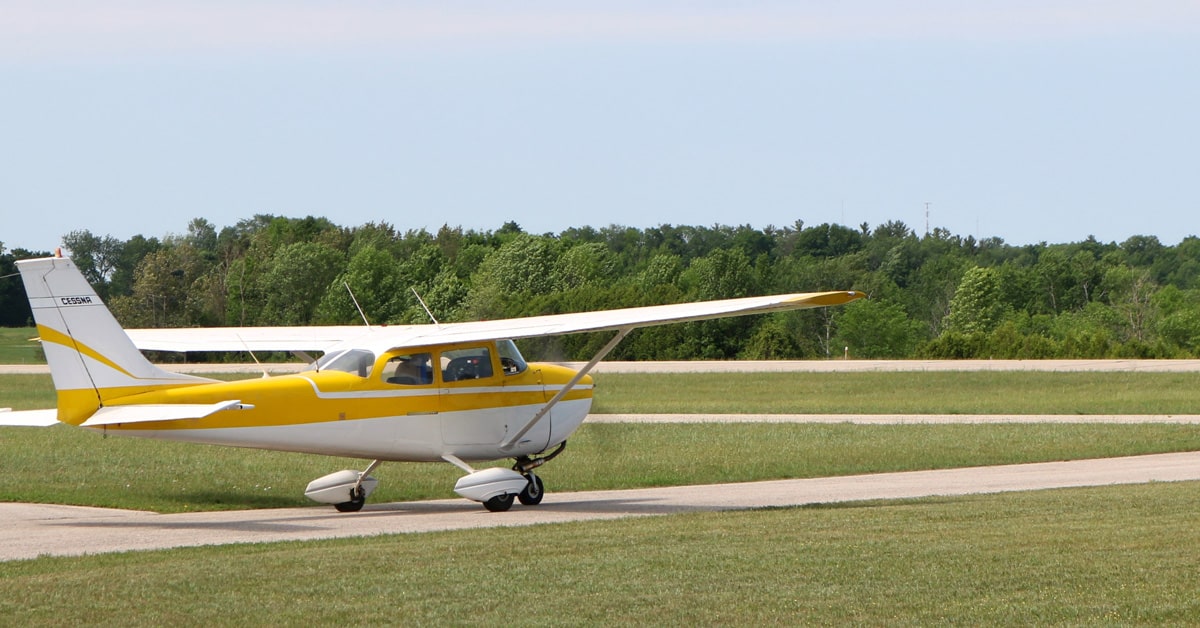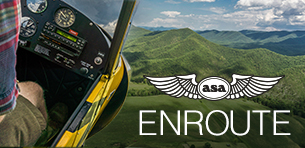Today’s post is short and sweet but a very important detail in your private pilot training nonetheless! 14 CFR 61.109 Aeronautical Experience lists the required minimum experience needed to apply for a private pilot certificate. §61.109(a)(3) states the required instrument flying time:
3 hours of flight training in a single-engine airplane on the control and maneuvering of an airplane solely by reference to instruments, including straight and level flight, constant airspeed climbs and descents, turns to a heading, recovery from unusual flight attitudes, radio communications, and the use of navigation systems/facilities and radar services appropriate to instrument flight;
Your training as a pilot should (and will eventually) go far beyond those minimum three hours. John Lowery recommends in his new book A Pilot’s Accident Review that “after about 100 hours of flying with a new private certificate it’s important to the new pilot’s safety and longevity to begin training for an instrument rating. Especially those who frequently fly at night. Because sooner or later, either low visibility or featureless terrain will introduce the new pilot to spatial disorientation, from which recovery is a matter of life or death.”
For pilot’s still in training or those with newly minted private certificates, I’d recommend Richard Taylor’s book IFR for VFR Pilots. Written as a survival guide, this book simplifies and explains the effects of disorientation, weather, “hands-off” flying, communication with ATC, and stress mitigation in an approachable and useable manner.
We’ll have more on IFR flying and how a private pilots can benefit from even the most basic understanding throughout the year on the Learn to Fly Blog. To get us started, we will be featuring a guest post from CFI and DPE Jason Blair next Monday!
Our CFI will have more on Thursday. Thanks for following the Learn to Fly Blog!




